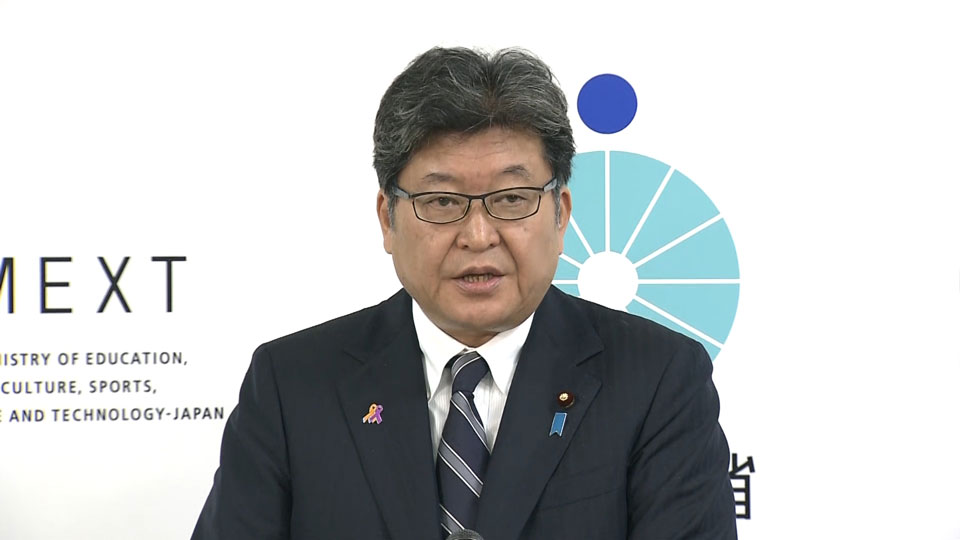The government's plan
If a student wants to enter a national university in Japan, they have to sit a test, administered by the National Center for University Entrance Examinations.
It covers broad aspects of education, including English ability. But critics called it a poor way to judge fluency, since it only assesses reading and listening, not writing or speaking.
So Japan's government announced it would turn to the private sector for help. It named six entities, including Benesse Corporation and the Eiken Foundation of Japan, which already test a comprehensive range of skills. The new system was due to start next April.

New plan drew criticism
But a poll of 470 high-school princilals conducted by the National Association of Upper Secondary School Principals found strong opposition to the new plan. About 70 percent of respondents said the new system should be postponed.
They argue that it would exacerbate inequality due to geography and economics. The private-sector tests cost up 25,000 yen, or about 230 dollars. And some candidates may have to travel to the test location and pay for accommodation. Critics say that's unfair to students from financially disadvantaged families and candidates in rural areas. The association that conducted the poll made the highly unusual move of asking the education ministry to review the system and postpone the plan.
The financial burden wasn't the only problem with the plan. Critics say the private-sector tests vary in difficulty, making it hard for universities to accurately compare the scores. Many institutions said they simply wouldn't use them in the first year of the new system.
Education minister stirs controversy
Then, Education Minister Koichi Hagiuda went on TV in late October and sparked outrage. He was asked whether students from affluent families would have an unfair advantage because they might pay to sit the tests for practice. Hagiuda said applicants should compete for university enrollment "within their means."

The minister offered an apology. But a few days later, he announced that his ministry would postpone the introduction of private-sector English tests. He said the planned system would not be fair to all examinees, in terms of financial situation and where they live. He said his ministry must admit that the planned test system overall is flawed. But he denied that the reaction to his remarks prompted the U-turn.
Students are the "victims"
The change of heart was applauded by some people. One student said she is relieved that a decision has been made and the uncertainty surrounding the test is clear for now. The operator of a cram school in Mie Prefecture said his students would have had to travel more than 2.5 hours to take the tests and maybe pay for accommodation, which he thought was unfair.
But even some opponents of the plan aren't pleased by the sudden decision. High school students and teachers have been preparing for the new system, and their efforts are now meaningless.

One student said it doesn't make sense to him that something so important could be changed so abruptly.
A high school principal said if such a decision was going to be made, she wished it were made a long time ago. She said she feels upset and angry as she thinks about all the work they've done preparing the students for the private tests.
Hagiuda said his ministry will spend a year or so scrutinizing the problems in the system.
University of Tokyo professor Masahiko Abe says the government should listen to a wide variety of opinions, and make the process transparent, when they make their next decision.

